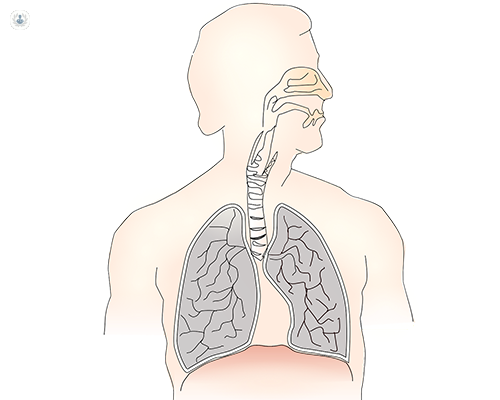All about respiratory diseases in obesity cases
Escrito por:Obesity is a major health concern worldwide, affecting multiple organ systems, including the respiratory system. Excess body weight can significantly impact lung function, increasing the risk of developing various respiratory diseases. Individuals with obesity often experience reduced lung capacity and difficulty breathing due to excess fat around the chest and abdomen, which restricts lung expansion and diaphragm movement.
This can lead to conditions such as obstructive sleep apnoea (OSA), obesity hypoventilation syndrome (OHS), and an increased likelihood of developing asthma and COPD.

Obstructive sleep apnoea is one of the most common respiratory disorders associated with obesity. It occurs when excess fat around the neck and throat leads to airway collapse during sleep, causing intermittent pauses in breathing.
This results in poor sleep quality, excessive daytime fatigue, and an increased risk of cardiovascular diseases. Similarly, obesity hypoventilation syndrome occurs when excess weight interferes with proper breathing, leading to high carbon dioxide and low oxygen levels in the blood. OHS can cause severe respiratory failure if left untreated.
Additionally, obesity can exacerbate asthma symptoms by increasing airway inflammation and making it more difficult to control the condition. Research also suggests that individuals with obesity have a higher risk of developing COPD, as excess fat contributes to systemic inflammation and decreased lung function.
Managing respiratory diseases in obese individuals requires a comprehensive approach, including weight loss strategies, lifestyle modifications, and medical interventions. Weight reduction through diet, exercise, and in some cases, bariatric surgery, can significantly improve lung function and reduce symptoms of respiratory conditions.
Continuous positive airway pressure (CPAP) therapy is often used to treat OSA, while bronchodilators and anti-inflammatory medications help manage asthma and COPD. Addressing obesity-related respiratory diseases is crucial for improving overall health and quality of life, highlighting the importance of preventive care and early intervention.


